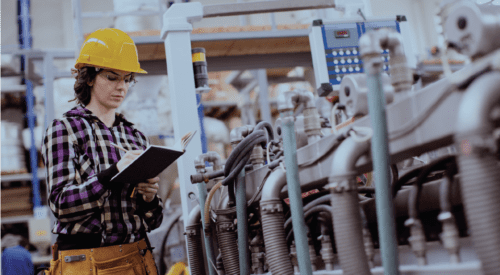
New Partnership with Carbon War Room and SkyNRG Makes Seattle-Tacoma International Airport the World’s First Airport to Proactively Explore Long-Term Financing for Sustainable Aviation Fuels
October 31, 2016, Seattle—The Port of Seattle, SkyNRG and Carbon War Room (CWR) today announced a groundbreaking partnership to investigate long-term financing mechanisms that could supply all airlines at Seattle-Tacoma International Airport (Sea-Tac) with sustainable aviation fuels. Sea-Tac is the first airport in the world to initiate this step to provide an airport-wide sustainable aviation fuel supply for all routine airline operations.
“The demand for sustainable aviation fuel is there, but right now it is more expensive and complicated to source,” said Port of Seattle Commission President John Creighton. “We want to make it simple and cost-effective for all airlines to access sustainable aviation fuels and ideally create a model that can work for airports around the United States.”
Currently, biofuel supply agreements in the U.S. are being made through individual, expensive contracts between producers and airlines. This new partnership aims to accelerate the transition of sustainable aviation fuel from an alternative product used by a few select airlines, to a standard product that is used by all airlines at the airport.
CWR and SkyNRG will work with Sea-Tac to evaluate specific funding mechanisms to cover any cost difference between sustainable aviation fuels and conventional fuels. The long-term ambition includes strategizing with decision makers regarding locally sourced fuel and future regional economic investments, identifying supply routes for the sustainable aviation fuel, and ensuring that any alternative fuels used at Sea-Tac are truly sustainable, avoiding both competition with food and impact to habitat.
“The UNFCCC Paris Agreement’s ambition of well-below 2 degrees temperature rise cannot be achieved without the participation of the aviation industry, with its emissions projected to consume approximately a quarter of the world’s remaining carbon budget by 2050,” said Jules Kortenhorst, CEO of Rocky Mountain Institute-Carbon War Room. “The emissions trajectory provides a huge opportunity for market actors to accelerate aviation’s decarbonization, and in the process, enhance their energy supply chains. These kinds of efforts, alongside ICAO’s global market-based measure, can help the industry reach the goals defined by the Paris Agreement.”
Carbon War Room and SkyNRG are engaging airports to act as the key orchestrators of the procurement and delivery of sustainable aviation fuels, aggregating funds and demand for all stakeholders. By integrating the fuel directly into the on-airport fueling infrastructure, at an airport-wide blend ratio, this standardization will send a strong and consistent demand signal to the sustainable aviation fuel industry, which will boost investor confidence and catalyze industry growth.
“Airports are in a unique position, operating at the intersection between airlines, fuel suppliers, governments, passengers and local communities. They are perfectly positioned to support sustainable aviation fuels’ transition from isolated transactions to regular operations,” said Theye Veen, CFO of SkyNRG.
This is the next step in a process that began late last year by the Port of Seattle with a $250,000 Biofuel Infrastructure Feasibility Study, in partnership with Alaska Airlines and Boeing, that will assess costs and infrastructure necessary to deliver sustainable aviation fuel to aircraft at Sea-Tac. That study is expected to be released in early 2017.
